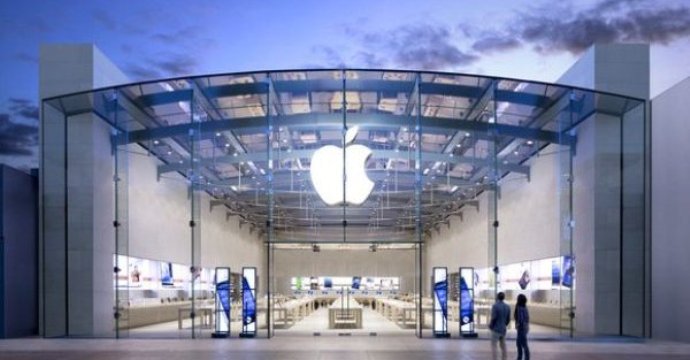Apple Is Said to Owe Back Taxes to Irish Government
Apple could be ordered to pay billions of euros in back taxes in the Republic of Ireland by European Union competition officials.
The final ruling, expected on Tuesday, follows a three-year probe into Apple’s Irish tax affairs, which the EU has previously identified as illegal.
The Financial Times reports that the bill will be for billions of euros, making it Europe’s biggest tax penalty.
Apple and the Irish government are likely to appeal against the ruling.
Under EU law, national tax authorities are not allowed to give tax benefits to selected companies – which the EU would consider to be illegal state aid.
According to EU authorities, rulings made by the Irish government in 1991 and 2007 allowed Apple to minimise its tax bill in Ireland.
Apple’s company structure enabled it to legally channel international sales through Ireland to take advantage of that tax deal.
On Tuesday EU competition commissioner Margrethe Vestager is expected to give an estimate of how much Apple will have to pay back.
But it will be up to Irish authorities to calculate the exact amount.
US warning
The investigation into Apple and similar probes into other US firms have been criticised by US authorities.
Last week the US Treasury Department said the European Commission was in danger of becoming a “supra-national tax authority” overriding the tax codes of its member states.
Brussels was using a different set of criteria to judge cases involving US companies, the US Treasury warned, adding that potential penalties were “deeply troubling”.
BBC North America technology reporter Dave Lee says that the US Treasury is concerned that if there is a big EU tax bill for Apple, as expected, then Apple will set off at least some of that against the tax it would be paying in the US.
“So it’s essentially shifting billions of dollars from the US economy, from the US tax-pot, into Europe. The US says Europe simply doesn’t deserve that money, because all the hard work that goes into creating the iPhone and other Apple products… takes place in the US, and not in Europe.”
Apple is not the only the company that has been targeted for securing favourable tax deals in the European Union.
Last year, the commission told the Netherlands to recover as much as €30m (£25.6m) from Starbucks and Luxembourg was ordered to claw back a similar amount from Fiat.
Apple is potentially facing a much bigger bill, but with cash reserves of more than $200bn (£153bn), the company will have little problem paying up.
Nevertheless, Apple may have to restate its accounts following the ruling.













